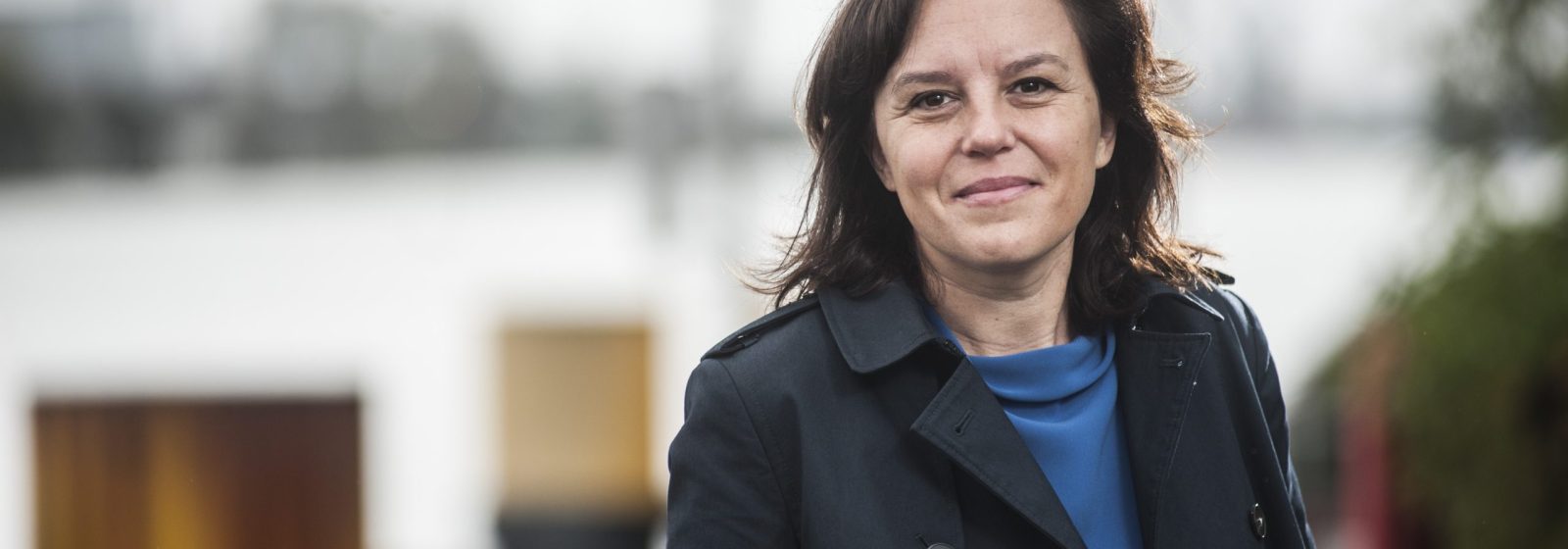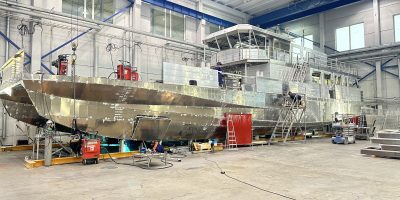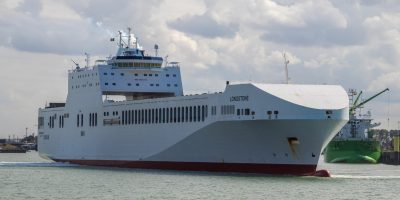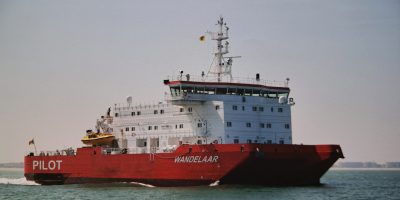
In the anniversary edition of our magazine ’10 years of Flows’, we gave companies in the maritime and logistics sector a chance to put themselves in the spotlight. Administrator general Nathalie Balcaen explains why 2024 is a key year for the Agency for Maritime Services and Coast.
The election of a new Flemish Parliament and the formation of a new Flemish government make 2024 a key year for the Agency for Maritime Services and Coast, better known as MDK. “In recent years we were able to achieve a lot, but we have to keep innovating,” insists administrator-general Nathalie Balcaen. “I am thinking, for example, of further greening.”
“We already have three fully electric ships that really do make a difference. Our VLOOT division has even more green ambitions. By 2030, we want to reduce the CO2 emissions of our ships by 40 per cent. In November, the youngest VLOOT ferry, the all-electric ‘Vaar-Wel Raveel’, won a PUBLICA award, an accolade for the most inspiring government projects.”
“We were also able to build up a lot of know-how on the new generation of vessels. We have more than 45 vessels on which we can try out new ‘smart shipping’ technologies. Together with the Netherlands, we have been allowing tests of technology for future autonomous shipping on the Western Scheldt for some time. Again, we need to build on this and provide appropriate legislation. To an accelerated transition to the next generation of ‘smart shipping’ vessels for goods transport in the EU, we are working wholeheartedly.”
Electrification
It is no coincidence that MDK’s first three operational electric ships are ferries. “Given the small distances covered from shore to shore, electrification of ferries is certainly feasible. It also proves that waterborne passenger transport remains a top priority of MDK. Both with our ferry services and with De Waterbus, which complements De Lijn’s bus and tram services in Antwerp. Yet our next electric project is not a ferry, but a pilot ship. Smaller than a ferry, but much faster and more manoeuvrable. We also hope to renew our other pilot vessels during the next legislature,” Balcaen said.
In 2023, mastodons with a draught of 16 metres could sail to and from Antwerp via the Scheldt for the first time. “Partly thanks to our pilots and the people of Shipping Assistance. We therefore continue to play a major role in the nautical chain. For example, our Flemish Hydrography service continues to map the Scheldt bottom. We want to further expand our services and, together with the Netherlands, will provide full traffic control on the Ghent-Terneuzen canal.”
“And of course we want to continue to improve our own organisation. It is crucial here that we not only break depth records, but also keep access to our ports smooth, safe and reliable, by investing more in people, in equipment and in optimising the operational organisational structure,” Balcaen said.




